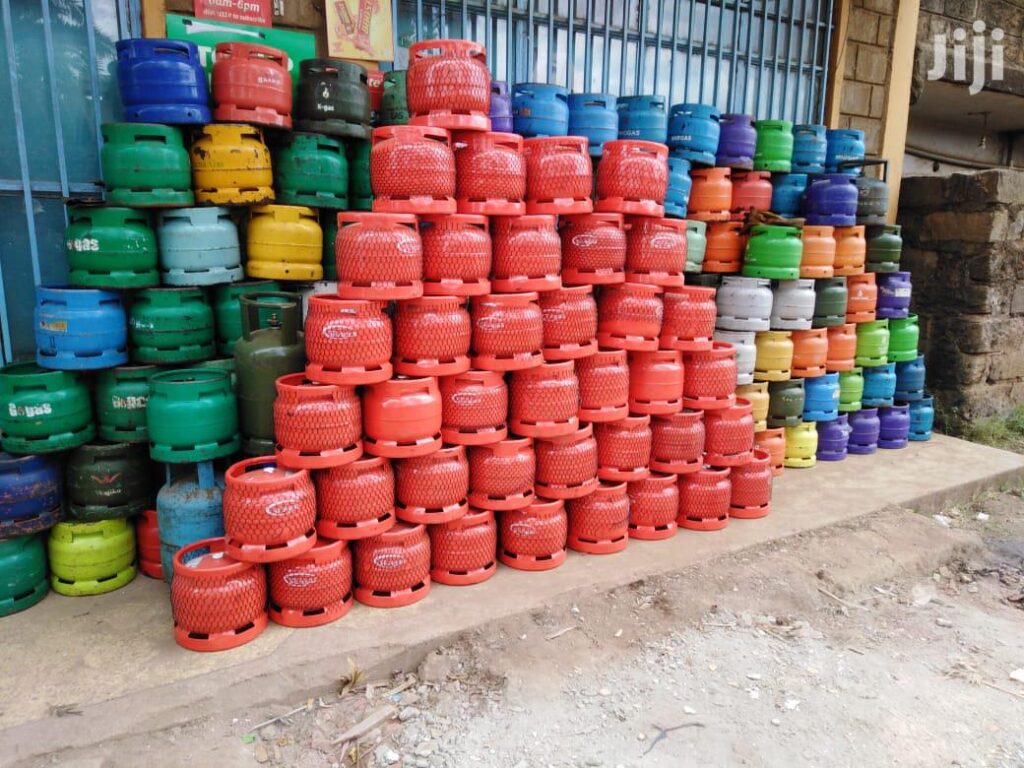The Energy and Petroleum Regulatory Authority (EPRA) is preparing to introduce maximum retail prices for cooking gas as part of a wider plan to protect consumers from unpredictable market fluctuations.
EPRA Director-General Daniel Kiptoo said the new measures are anchored on existing legal and regulatory frameworks, with consultations already underway with industry players. The initiative will rely on the Open Tender System (OTS) for large-scale gas imports, a mechanism already used for petroleum products.
“The framework is already in place, the OTS agreement is ready, and it has been negotiated with the industry. We are now working on a transition plan. Oil Marketing Companies will need to sign up for the Open Tender System Agreement,” Kiptoo explained.
The proposed reforms will see centralised importation of cooking gas through common-user facilities, allowing EPRA to set maximum retail prices. This approach is expected to lower costs by leveraging economies of scale and minimising inefficiencies in the supply chain. Kiptoo added that the government could also enter bilateral agreements with other countries to purchase gas, similar to existing oil import deals.
The rollout is expected before the end of the year, with EPRA keen to balance ongoing private imports with the new system. Besides cooking gas, the authority is also considering centralised buying for Heavy Fuel Oil, used in shipping, and bitumen, used in road construction and waterproofing.
Through the OTS, companies will competitively bid to supply products, with the lowest-priced offers winning tenders. These imports will then be distributed to businesses and ultimately to consumers under regulated pricing.
In addition, EPRA issued a stern warning to illegal gas dealers, saying their permits will be revoked under new rules. This comes as part of efforts to improve safety in the industry, safeguard lives, and ensure economic and health benefits tied to the use of clean cooking energy.
Highlighting progress in market regulation, Kiptoo noted that over 4.7 million cylinders owned by Proto Energy are already embedded with barcodes for tracking. EPRA now plans to integrate similar systems across the country to monitor distribution and curb illegal trade.

